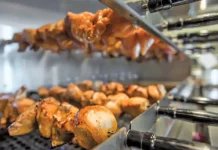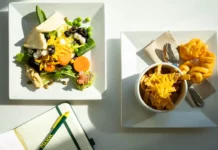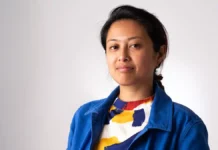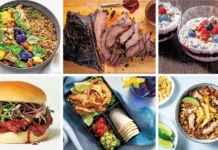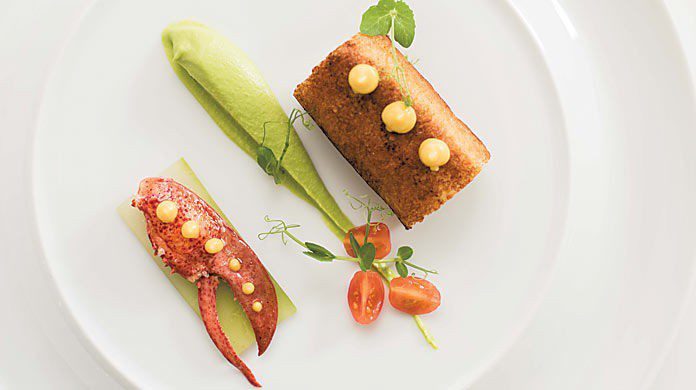
The International Culinary Center® is breaking ground with the addition of new culinary technology courses for professional development. With modern techniques incorporated into existing curriculum and new courses added to their Advanced Chef Training series, ICC is bringing 21st-century techniques to ICC students and professional chefs.
We had the pleasure of chatting with ICC’s Director of Food Technology and Culinary Coordinator, Chef Herve Malivert to talk about these new additions. The Culinary Technology for Professional Development and Culinary Technology Intensive are both five-day hands-on courses designed to help further professional chefs and their careers. These courses will be taking on everything from sous-vide cooking to foams and airs. We wanted to learn more about Chef Herve Malivert and how he will be working with his students.
What was your introduction to the culinary world?
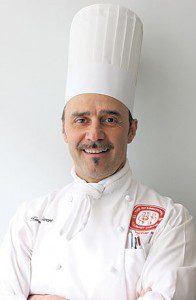
of Food Technology and Culinary Coordinator
My father was a cheese maker and I would go to deliver cheese with him in the early morning. We would deliver to restaurants and I would see all the chefs wearing their nice, white, crisp jackets. I spent my childhood around restaurants, cheeses and wines; it was always a major influence. That is how I knew I wanted to be a chef.
When did you get involved with ICC?
I started at ICC in March of 2006 and at the time was a French-Canadian teacher. That year I met Chef André Soltner and he invited me to tour the school. I had a great first impression of the school from the faculty to the kitchens. What really influenced my decision to start teaching was when I would get a class and they would spend the entire time asking me questions. It was the passion from the students that motivated me to start teaching at ICC. If you had asked me to teach a year before I started at ICC, I would have said “Me teaching? No, I would never do that.” I didn’t know much about teaching at the time, but after spending time with the students, I fell in love with the passion for learning that they had.
How do you like teaching?
I love teaching. I believe that when you are in restaurants just doing basic cooking you can forget about the passion, it becomes routine. When I’m teaching at ICC I get to take a step back and breathe. You don’t have to worry or fight with time, and you are able to teach with patience.
You have trained many students at ICC to success in competition, what are the common characteristics that they share?
What I look for in my students, as a coach is passion. I may say it too much, but they need to be passionate about cooking. They need to put everything in and focus on the determination of your competition. I go for the win when I coach. Yes you have fun, but at the end of it all you are there to win. All the time and prep you put into it is not for fun, it’s so you can build on your passion, determination, discipline, and skill. In these competitions it’s all about the media. You need to be easy in front of a camera, calm and collected while answering questions. A good story can also help. You can always work and improve on your skill, but what’s important to me is that they have a good personality.
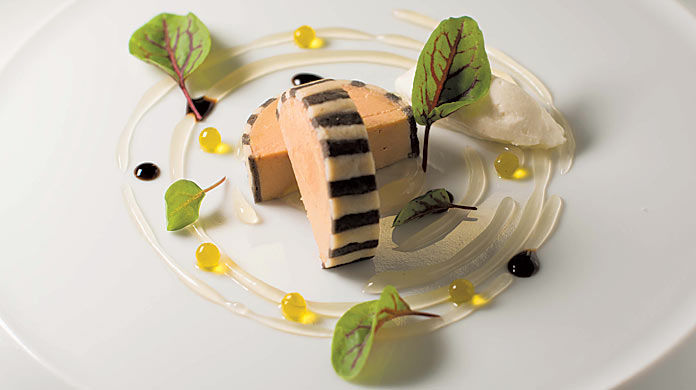
Any reason that you are so micro-focused on culinary technology?
When you look at most of the three-star, four-star, and ultra high end restaurants 90% of them are using these new techniques and technology. We always want to keep our students up to date with culinary trends. The foundations and practice is something we are always going to teach, but having the knowledge of what’s happening in the restaurant scene now is one of the most important things we can share with our students.
Is culinary technology a necessity for a chef to know in the modern culinary world?
I believe as a chef, you want to be able to use all your knowledge. The more knowledge you have the better you are. When you talk about technology people get crazy. It has completely changed the way of cooking because people are doing something completely different. Ideally for me, you need to first be a trained cook to be able to move into something different. For instance, I take very classic recipes and flavor, but the change in cooking is more at the end. I use these techniques to inform my plating ideas. The flavors are classic, the recipes are classic. For me, it’s very, very important to focus on flavor and texture, that’s what needs to be important. At the end, it’s the final products on the plate that need to be great. So don’t do something because it’s cool, do it because it’s in the best interest for your dish.
Would you say that some of these techniques like gelling agents, texture modification, foams and airs are the hardest techniques for chefs to learn?
No, they’re not tough and they are not hard to do either. They just require a little more technique. Using these techniques in a recipe takes time and patience. If someone is having an off day and is losing their patience very quickly then I would say their technique is not ready. Let’s say you are making foam using a pan bander, it requires a lot of time to adjust the consistency. A lot of the recipes, especially making a gel will have someone spending $40 on equipment and different gels. It’s not difficult, it’s just new. It requires patience, but it’s definitely something that can be learned.
To learn more about continuing education and culinary technology with ICC, visit their website.


















